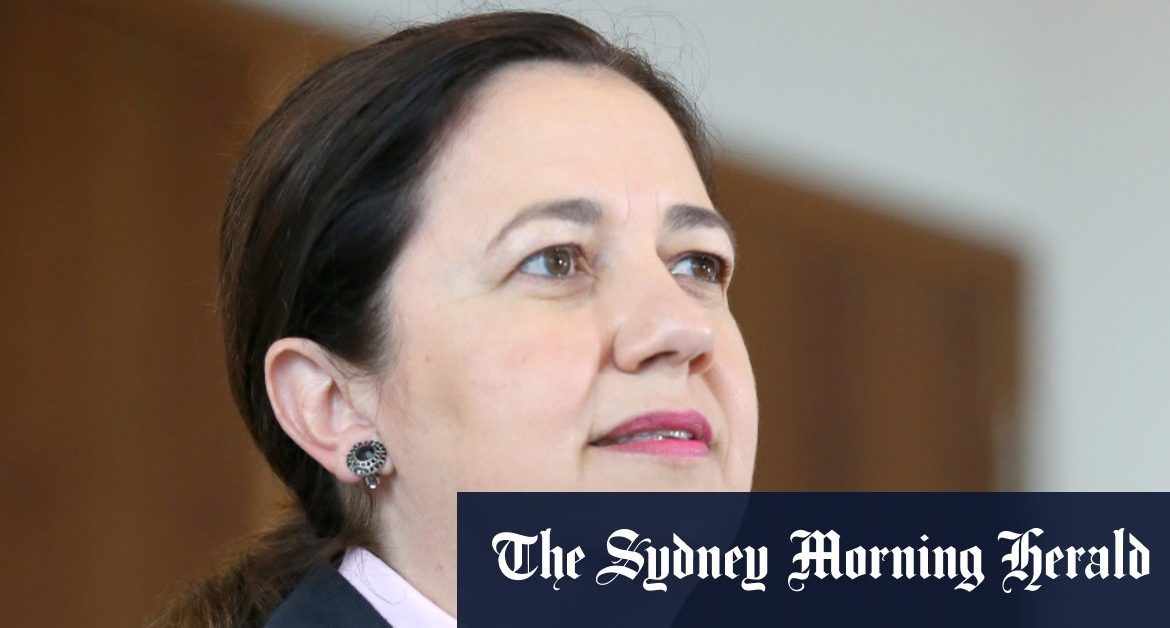Among the issues she wants to focus on are the introduction of euthanasia legislation and criminalising some controlling behaviour, known as coercive control.
But front of mind for the Premier is dealing with online bullying and underage sexting.
“I think cyberbullying of children is still a really big issue. We started that conversation and I think more needs to happen,” Ms Palaszczuk said.
“I think I now have a somewhat better idea, having experienced the attacks that come from different quarters.
“If that was happening to a young person, that could have some of the most drastic consequences.”
Ms Palaszczuk believes children do not “necessarily have the emotional maturity to be able to ignore abuse” coming from strangers, and they could be more prone to self-harm.
The death of bullied Northern Territory teenager Amy “Dolly” Everett was proof of that.
Dolly, who attended boarding school at Warwick, died by suicide at the age of 14.
Amy “Dolly” Everett was 14 when she took her own life. Credit:Dolly’s Dream
In the weeks that followed, the Queensland government launched an anti-cyberbullying taskforce headed by journalist Madonna King that made 29 recommendations.
The state accepted and has now enacted all the recommendations, which included a complaints management process for cyberbullying at schools, the development of various awareness campaigns for parents and young people, and giving schools the power to determine student access to mobile phones at school.
Ms Palaszczuk lamented that children could no longer leave their problems at the school gate – problems could now follow them home, right up until they went to sleep.
The Premier gained insights when her sister and young nieces lived with her for two months while their house was being renovated.
“My niece is always on her phone at night, and a couple of times I had to say, ‘bring it back into the lounge room’, because you just don’t know who’s on the other end of the phone,” Ms Palaszczuk said.
“And that’s a problem that a lot of families are facing.”
Data released by the Australian eSafety Commissioner this month revealed the average teenager spent 14.4 hours a week online and typically had four social media accounts.
YouTube, Instagram, Facebook and Snapchat remain the most popular apps, although TikTok usage has grown from 12 per cent of teens holding an account in 2017 to 38 per cent in 2020.
Almost half the 627 teenagers who were surveyed said they had a negative online experience in the six months to September 2020.
The three most common negative experiences were contact from a stranger or someone they didn’t know, receiving inappropriate or unwanted content, and being deliberately excluded from events or social groups.
If you or someone you know needs help, phone Lifeline on 13 11 14 or Kids Helpline on 1800 55 1800.
Lydia Lynch is Queensland political reporter for the Brisbane Times
Most Viewed in Politics
Loading







